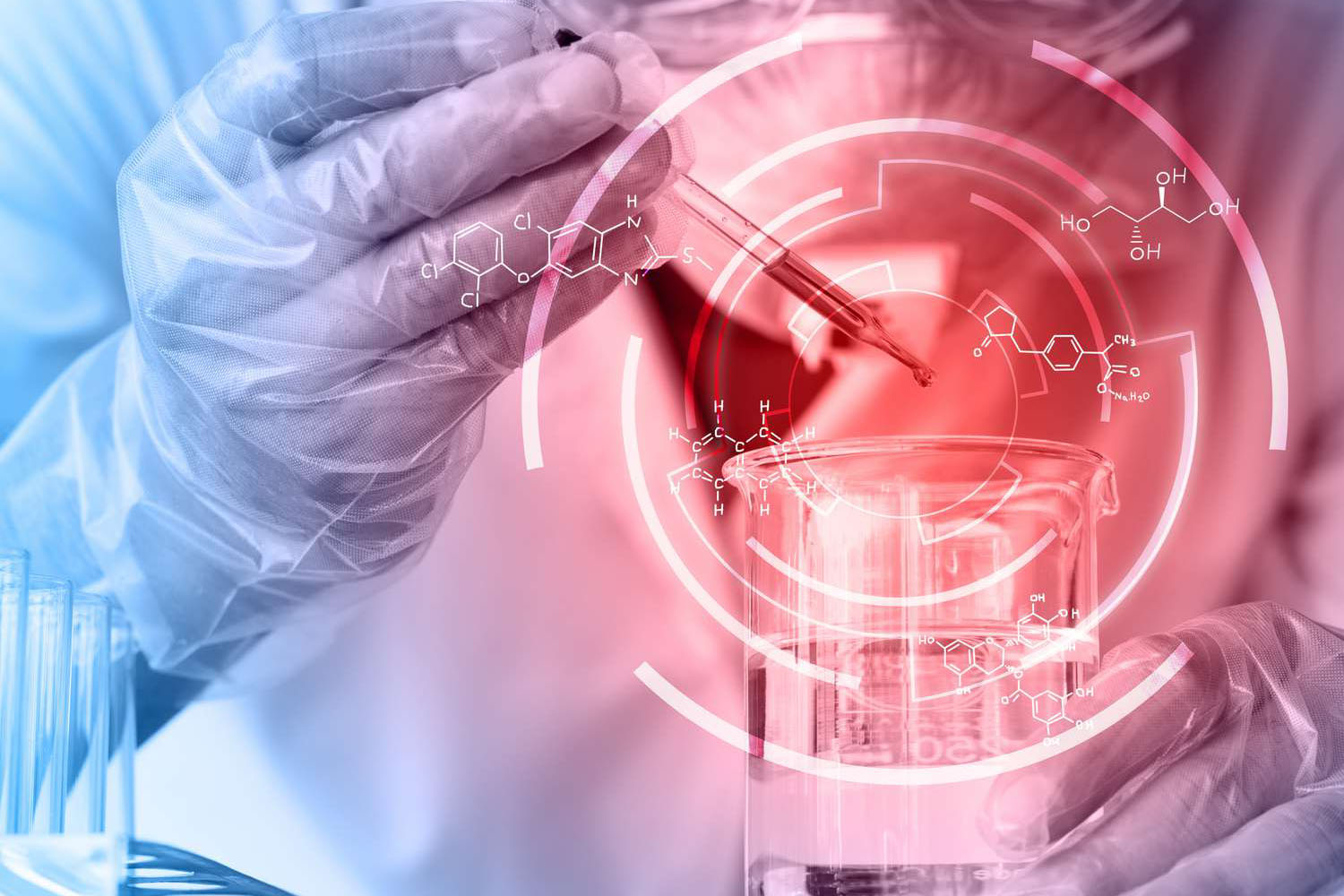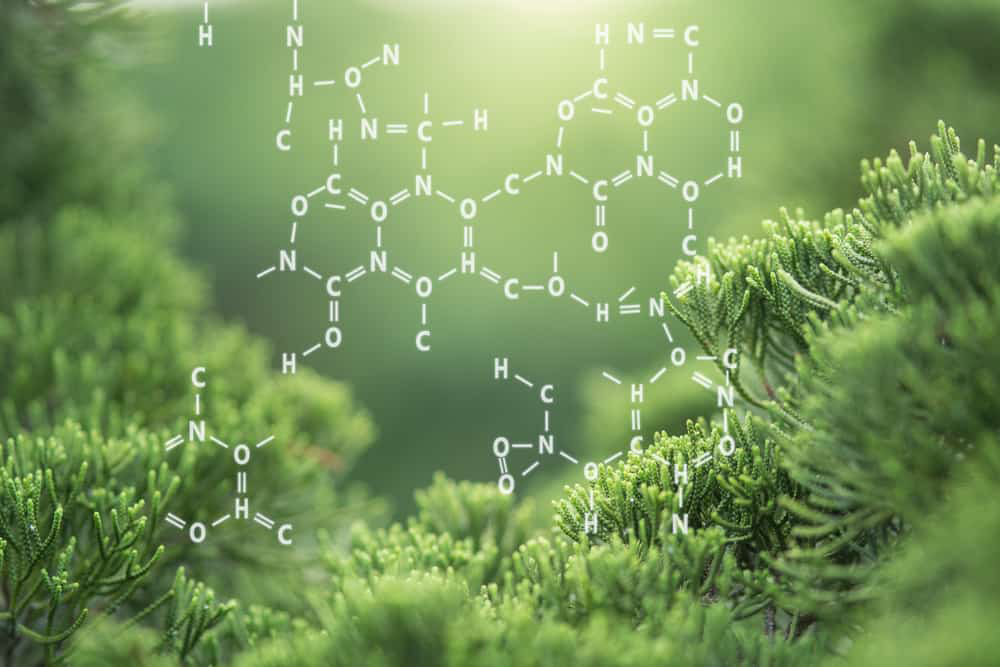Chemistry
| Department of Analytical Chemistry |  |
 |
| Department of Analytical Chemistry |
The Analytical Chemistry specialization is highly popular in the field of chemistry due to its extensive applications in various research and industrial settings. This specialization encompasses several research branches, including electrochemistry, spectroscopy, chemometrics, and separation techniques. The primary objective of Analytical Chemistry is the precise measurement of analytes in various substances, such as food, pharmaceuticals, vitamins, proteins, fats, petroleum, water, air, fuels, and biological environments.
Graduates of this specialization have the opportunity to pursue further studies at the doctoral level in Analytical Chemistry and Medicinal Chemistry. Research activities within this specialization include:
1. Electrochemistry: This area focuses on the design of nano-electrochemical sensors for measuring various analytes, modifying the surface structure of different electrodes using nanocomposites, and utilizing them for measuring biological and pharmaceutical substances. It also involves the use of modified electrodes in fuel cells.
2. Spectroscopy: This branch involves the simultaneous measurement of multiple analytes using ultraviolet-visible spectroscopic methods. It also encompasses the investigation of photocatalytic degradation processes of colors and agricultural toxins.
3. Chemoinformatics: Chemoinformatics applies data mining techniques to chemical space, including quantitative structure-activity relationships, molecular docking, virtual screening, and the classification of active and inactive inhibitors in drug design and medicinal chemistry.
4. Chemometrics: Chemometrics utilizes various techniques such as multivariate classification, multivariable calibration, multicomponent curve resolution, and experimental design. These techniques are used in the analysis of complex and real samples through separation and spectroscopic methods.
This specialization is instrumental in addressing a wide range of analytical challenges across diverse fields, including the food and pharmaceutical industries, environmental monitoring, and clinical analysis. Graduates also have the opportunity to continue their education at the doctoral level, specializing in Analytical Chemistry or Medicinal Chemistry.
 |
Department of Organic Chemistry |
 |
| Department of Organic Chemistry |
The field of Organic Chemistry has direct and indirect applications in various industries such as petrochemicals, pharmaceuticals, cosmetics, textiles, plastics, rubber, papermaking, medicine, and many others. Graduates with a specialization in Organic Chemistry have the opportunity to further their studies at the doctoral level in fields like Organic Chemistry and Medicinal Chemistry.
Research activities within this specialization encompass a wide range of topics, including:
- Synthesis of Medicinal Compounds: Creating compounds with specific medicinal properties is a key area of research. Organic chemists work on designing and synthesizing new drug candidates that can be used in the pharmaceutical industry.
- Multi-step Organic Reactions: Developing new methods for carrying out complex multi-step reactions is another focus. These methods aim to streamline the synthesis of organic compounds.
- Green Chemistry Approaches: Organic chemists are increasingly focused on developing environmentally friendly synthetic methods. This involves designing processes that generate minimal waste and are less harmful to the environment.
- Biological Properties of Organic Compounds: Investigating the biological properties of newly synthesized organic compounds is crucial. This involves studying how these compounds interact with biological systems and their potential applications in medicine and other fields.
- Extraction of Phytochemicals: Extracting bioactive compounds from medicinal plants is another area of interest. These compounds often have medicinal properties and can be used in pharmaceuticals and natural health products.
- Catalysis in Organic Reactions: Exploring organic reactions in the presence of catalysts is a significant research avenue. Organic chemists study how catalysts can enhance reaction rates and selectivity.
- Nano-catalysis: Discovering and utilizing effective nano-catalysts in organic reactions is also a growing area. Nano-catalysts can provide unique reactivity and selectivity advantages.
- Polymer Synthesis and Applications: Researchers in this field are involved in the synthesis of polymers and exploring their applications in various industries, including materials science and biotechnology.
Overall, Organic Chemistry plays a pivotal role in developing new materials, pharmaceuticals, and chemical processes that have a significant impact on various industries and everyday life. Researchers in this field continually strive to find more efficient and sustainable ways to synthesize organic compounds and explore their diverse applications.